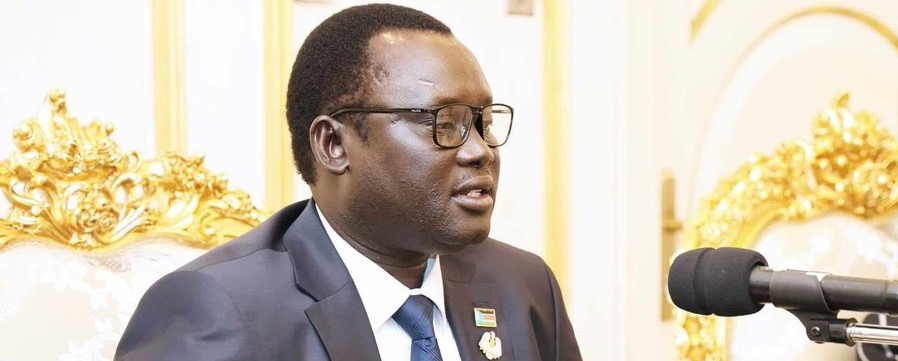Jonglei Governor Mahjoub Biel Turuk has issued an order granting political parties the freedom to exercise their democratic rights, marking a significant step towards pluralism in the state.
The directive is Turuk’s first gubernatorial order since assuming office on Monday.
The order, whose copy Radio Tamazuj has obtained, allows all parties represented in the 2018 Revitalized Peace Agreement, the space for the exercise of their democratic rights.
“The parties are allowed to hold rallies, run election campaigns, and promote peace messages across Jonglei State,” the order reads.
The Governor has directed the county commissioners and authorities to implement the order without contravening its provisions.
Governor Turuk is a member of Dr Lam Akol’s National Democratic Movement (NDM), which is part of the South Sudan Opposition Alliance (SSOA.
The Executive Director of the Bor-based advocacy group INTREPID South Sudan, Bol Deng Bol, welcomed the order. Bol emphasized the need for education to mitigate ignorance among the security forces.
“If received positively by the county authorities, political pluralism can be enhanced and civic space widened significantly,” Bol stated.
“I want to urge the county authorities entrusted to implement this order to educate and instruct security forces in the counties, payams and bomas to mitigate ignorance.”
Bol said the governor’s decision would reshape the political landscape in the state, empowering citizens to actively engage in the democratic processes ahead of the December elections.
Observers said the bold move by the governor signaled a new era of political openness and participation in Jonglei State.
Meanwhile, the state residents have said they were eagerly awaiting the implementation of the order.
Various civil society organizations and opposition parties have repeatedly voiced concern over the country’s lack of civic and political space, especially regarding their ability to campaign and raise political issues without interference from security forces.
Elections scheduled for last year were postponed to this December, but few preparations are in place for those. Violence continues in some areas, with some 2 million people displaced, according to the United Nations.




